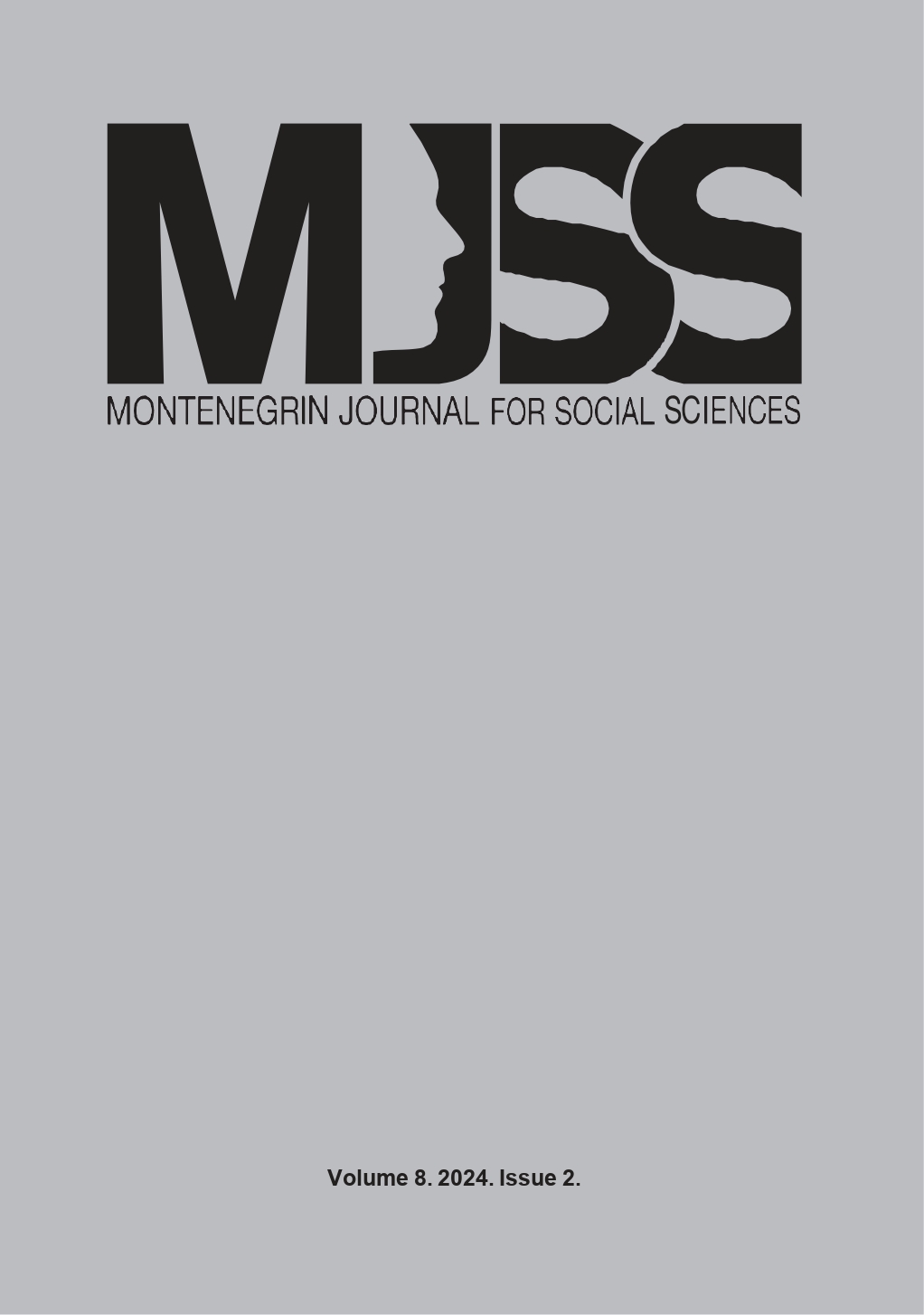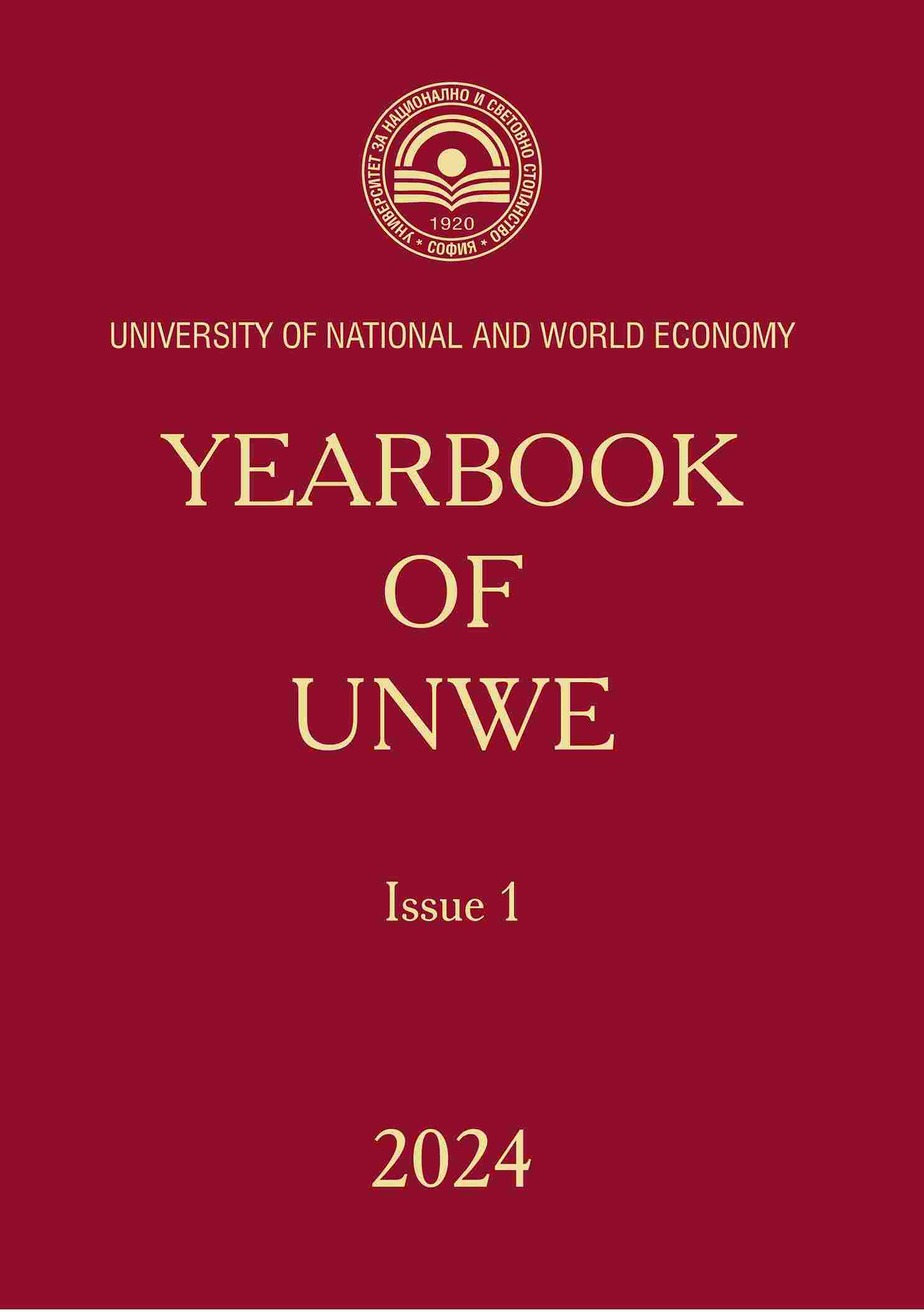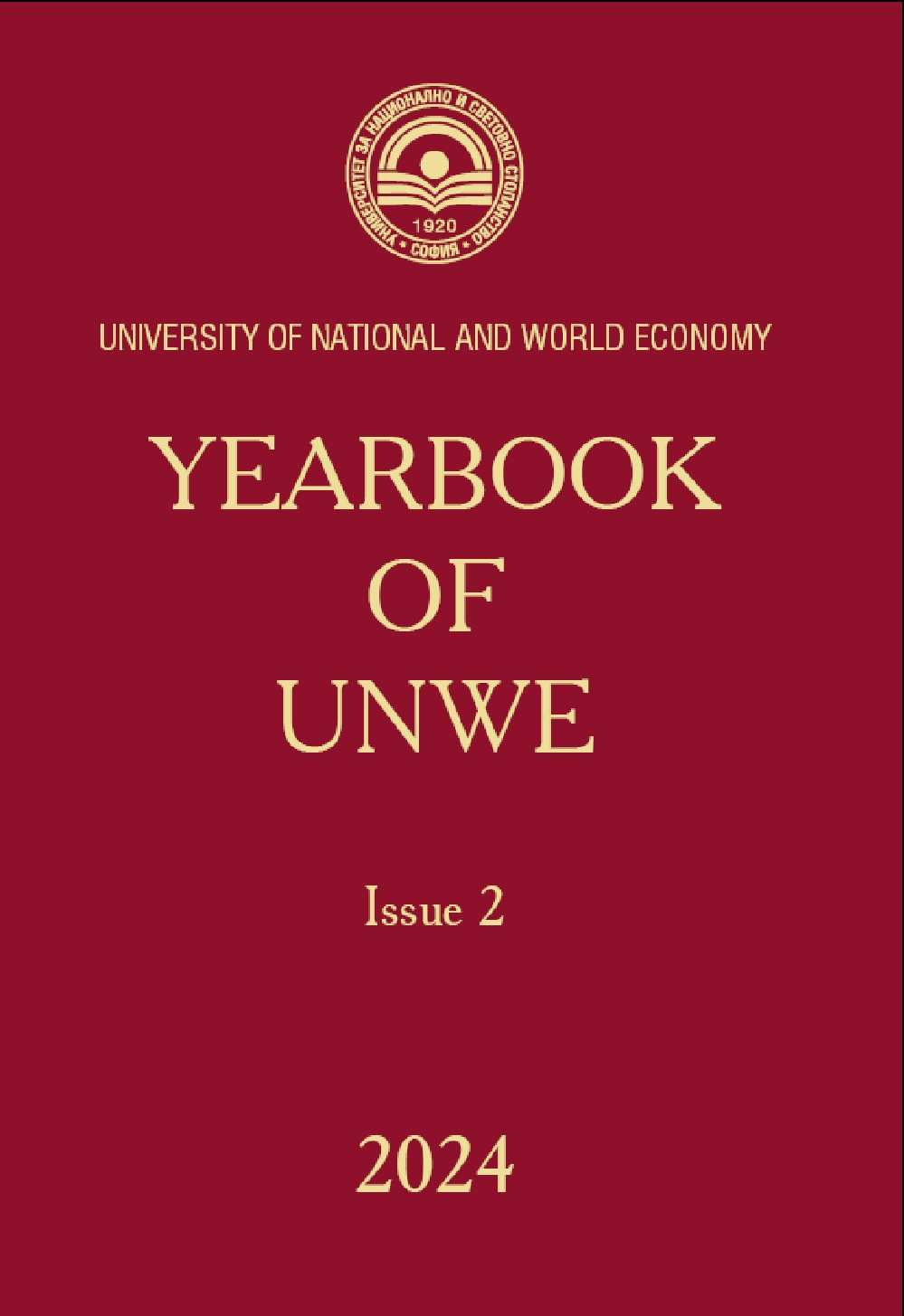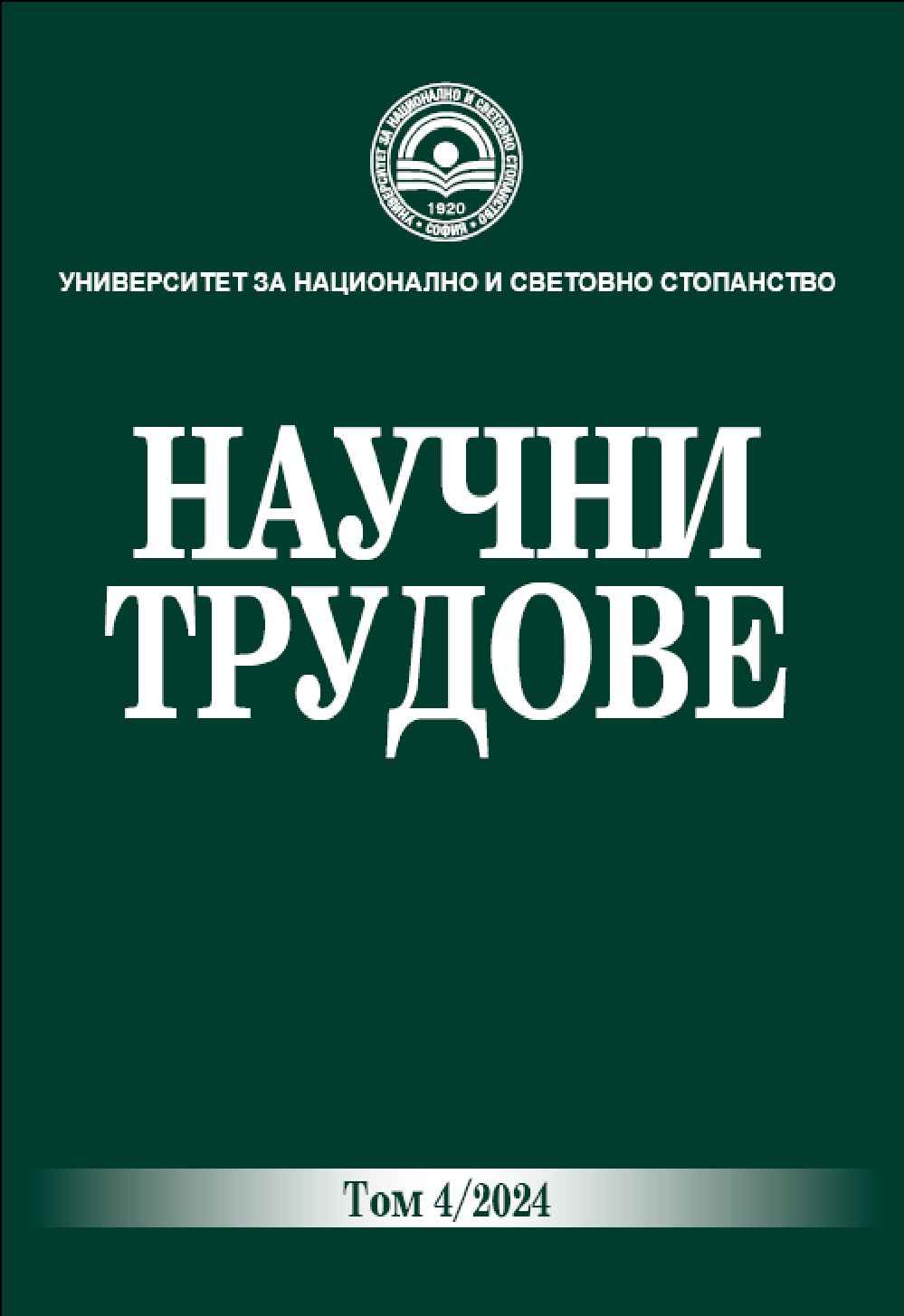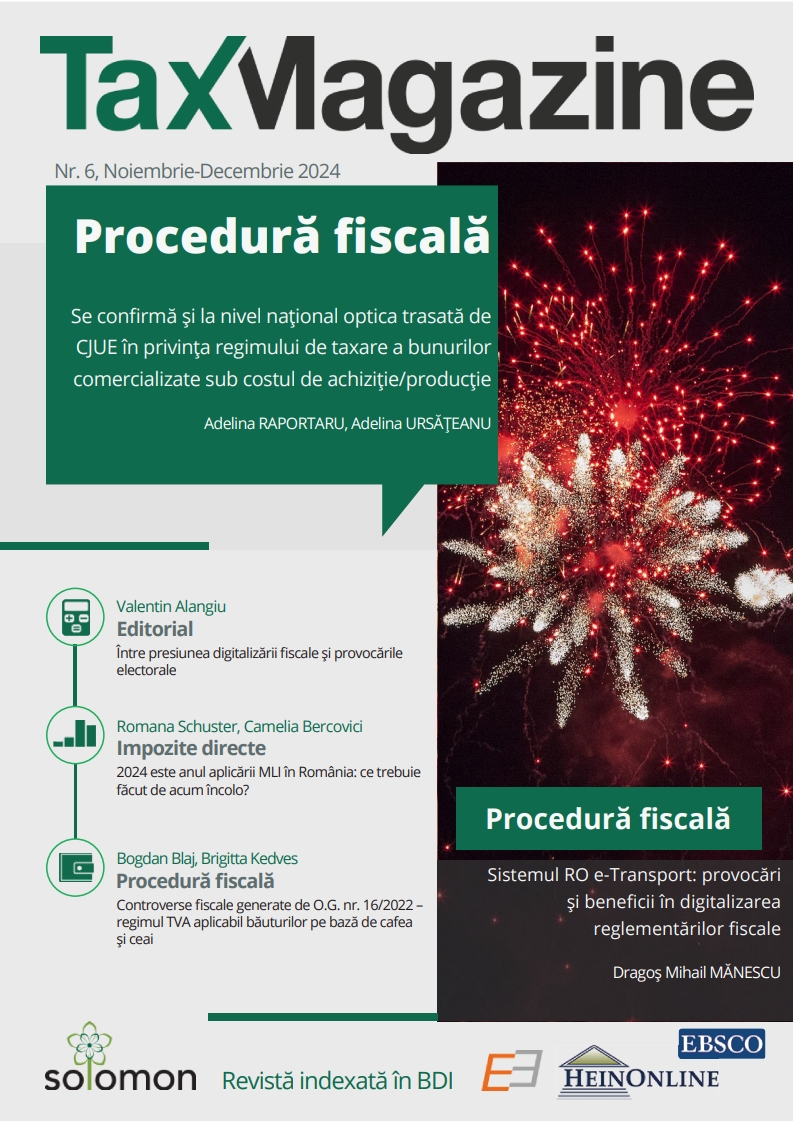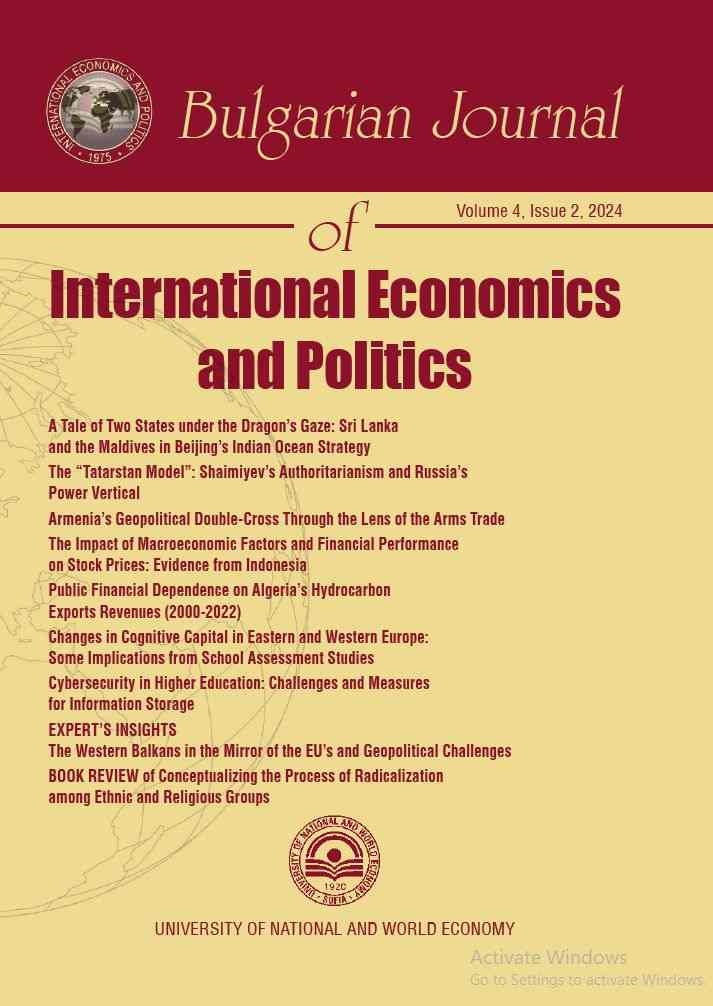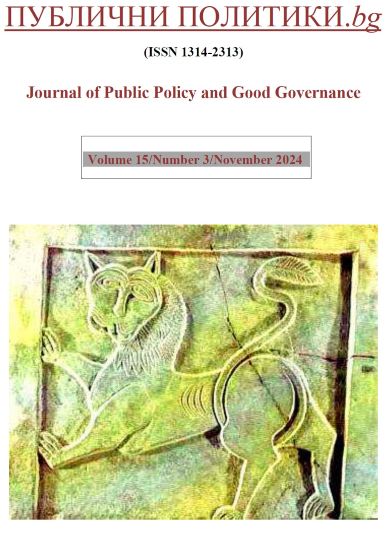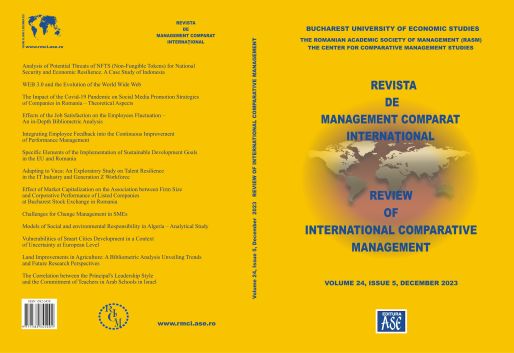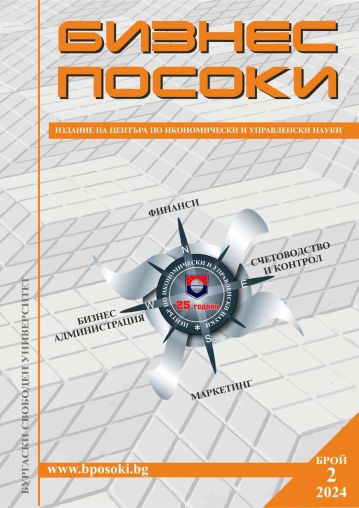
Are there really any errors in the Austrian theory of welfare?
This text reviews David Megger’s 2021 book entitled Justice in Welfare Economics. Libertarianism and the Austrian School (in Polish: Sprawiedliwość w ekonomii dobrobytu, liberatarianizm i szkoła austriacka). The review takes a critical approach, highlighting the most significant aspects of the presented considerations and emphasising their uniqueness and complexity. I intend to extensively discuss the author’s theses concerning the modification of the fundamental claims of Austrian school representatives about justice and welfare, highlighting both their strengths and weaknesses.
More...
